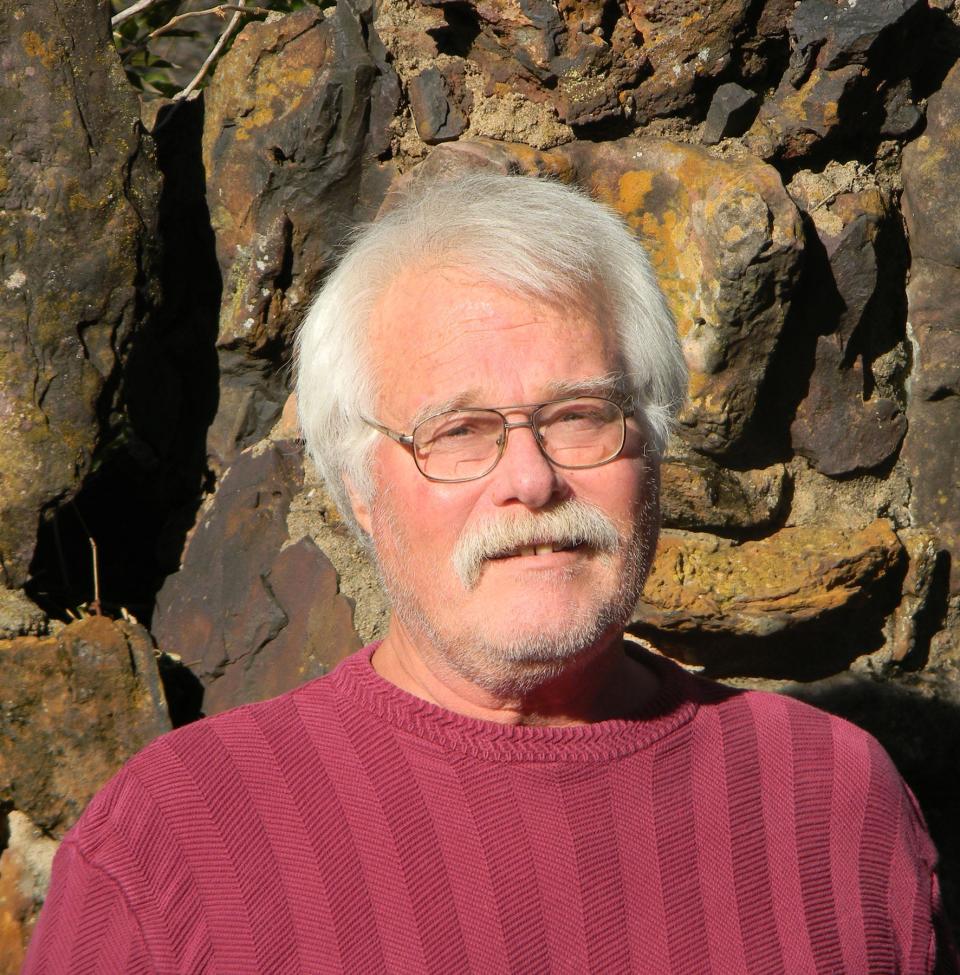Political rhetoric has torn us apart. The next generation can bring us together
The term, the "Oklahoma Standard" grew out of the state’s response to the 1995 Alfred P. Murrah Federal Building bombing, but it was rooted in our kindness, family and community values. It’s an understatement to say Oklahoma has never been perfect, but our neighborliness was founded on both secular and religious values. Today’s grassroots efforts to assist immigrants and refugees, house the homeless, advance criminal justice reform and provide mental health services are energized by Christian, Muslim, Jewish, and other religious and nonreligious Oklahomans.
Being a baby boomer, who never lacked for mentors, I’m dismayed by the tribalism and partisanship that has exploded since President Donald Trump was elected in 2016. Before then, I found it easy to work across the aisle with Republicans and conservatives. Given my family’s roots in Antlers, Hugo and Frogville, bonding with populists seemed natural. And, politically, I learned so much about early education and legal system reform from Republicans.
Having grown up in a very religious state, until recently, of course, I would have welcomed weekly visits to the state Capitol by religious groups. But, I’m stunned by the agendas of organizations like “My God Votes Capitol worship gatherings.” Yes, it seems natural for groups to want “legislators [to] hear more from people,” but why would they focus on “legislation that reflects ‘God-fearing,’" as opposed to God-loving values?
More: Two faith events in OKC highlight Oklahoma's current division over religion and politics
I’m saddened by attacks on LGBTQ+ and transgender children, but it would be naïve to not have expected them. However, so many Oklahomans, especially those with gay family members and friends, have become open to gay rights. And, even though we have always had supporters of corporal punishment, it never occurred to me that today’s legislators would kill a bill banning corporal punishment for students with disabilities because the Bible seems “to endorse the use of corporal punishment.” But, Rep. Jim Olsen argues, “Several Scriptures could be read here. Let me read just one, Proverbs 29: ‘The rod and reproof give wisdom, but a child left to himself bringeth his mother to shame.’”
It seems to me that a first step toward restoring the Oklahoma Standard is to build on young people's moral core. When I taught civics in an 85% to 90% Black high school, students were more conservative than me regarding prayer in school and abortion rights. I revealed that I had been a lobbyist for Planned Parenthood, but everyone had the right to express their opinions. Some students would discuss our lessons with their parents, return to class with their counterarguments, and then report back to their family members on my replies, and so on. Rather than trying to censor the debate, some parents and religious leaders who disagreed with my reading of the Constitution would pray for me. One student brought his youth pastor to class and we all had a great discussion. The preacher told the class, "We can count the seeds in an apple, but we can't count the apples in a seed."
Getting back to the Oklahoma Standard, one reason why the MAPS for Kids campaign was so successful, saving Oklahoma City Public Schools from financial collapse, was that the OKC bombing brought us together. Most of my colleagues were conservative Republicans who were completely committed to our nonpartisan, research-based, effort, and listening to patrons. Numerous MAPS leaders visited our classrooms, and they invited students to join the community outreach committee. One conservative Republican was so impressed with the kids that he became a teacher in one of the highest-challenged schools in the state.
More: After Nex's death, former LGBTQ+ students say Owasso has troubling history of bullying
Back when we still had field trips, our students repeatedly amazed rooms full of legislators with their insights. Moreover, business and political leaders were frequent visitors to civics and history classes. A Black Muslim student exemplified the nature of these cross-cultural conversations when he used the Socratic method with the deeply religious U.S. Rep. Ernest Istook in order to demonstrate how their faiths were similar. After building on their common ground, my student and the congressman debated economic issues.
If more of today’s political, religious and social leaders would listen to diverse groups of students, we could restore so many positive values that gave birth to the Oklahoma Standard. Rather than building on fear and forcefully imposing beliefs on others, the bitter anger of the last few years could be reversed. Rather than trust the “rod and reproof” to drive policy, let’s bring all generations together for building a better world.
I’ve long said, “Listen to the kids, and they will teach you how to teach them.” That should be updated; the moral strength, the wisdom of students should become a standard for constructive, 21st century conversations in the Capitol, and elsewhere.

John Thompson is a former Oklahoma City Public Schools teacher.
This article originally appeared on Oklahoman: Oklahoma politicians should listen to their younger constituents

